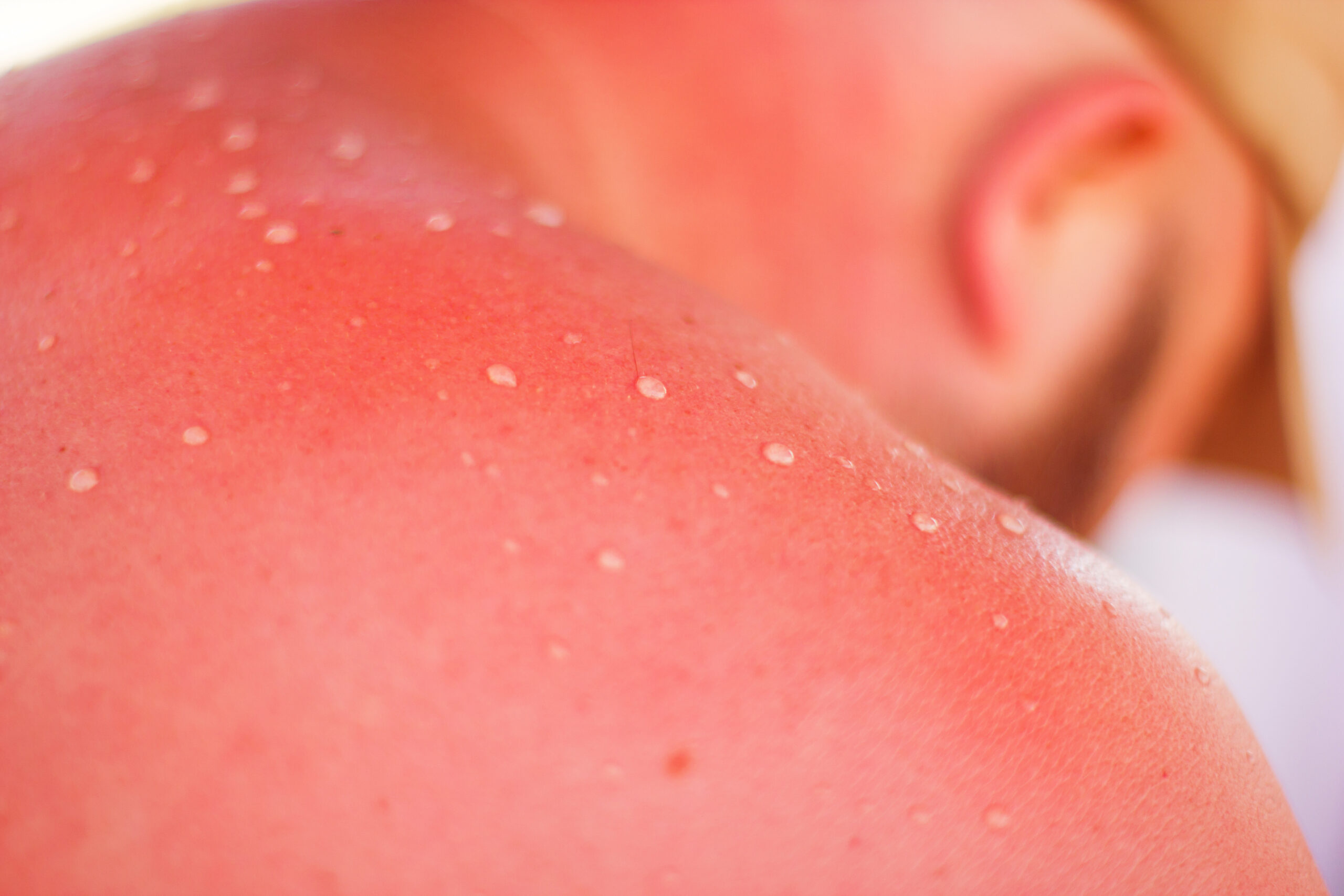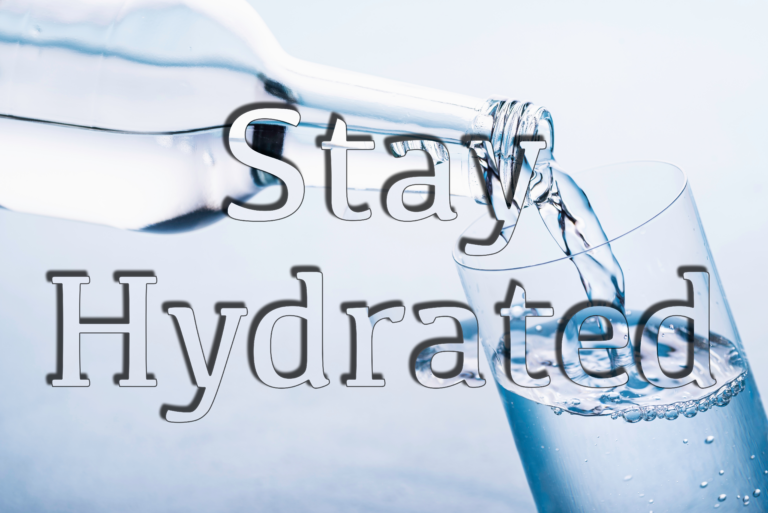6 Surprising Ways the Sun is Out to Get You
Introduction
In the United States, over 5 million people receive treatment for skin cancer every year. Surprisingly, most cases of skin cancer are found in people aged 65 or older1. Unfortunately, not enough attention has been given to reducing the risk of skin cancer in this age group. With age, efforts to promote skin health become more important than ever.
The sun can negatively impact our health. In this article, we’ll discuss the common misconceptions about sun protection and ways you can protect yourself from the sun this summer.
The Dangers of the Sun
The sun can pose significant risks to our health as we age. Here are six ways the sun can be damaging to your health:
1. Skin
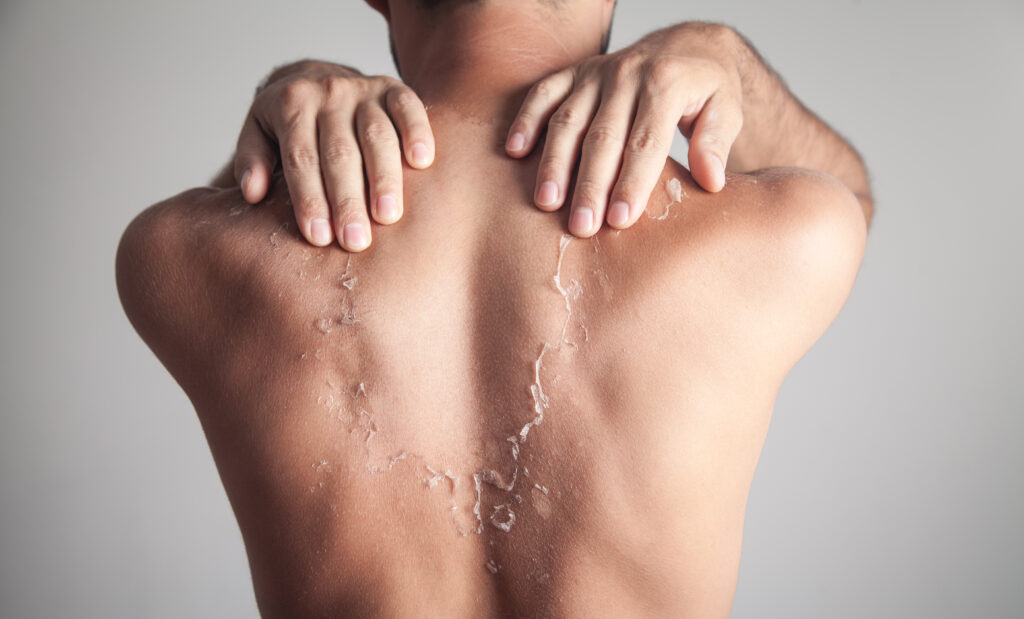
As you age, your skin becomes thinner and more vulnerable to the damaging effects of the sun. Sun exposure can lead to a variety of skin problems, including sunburn, age spots, and an increased risk of skin cancer. A major risk for skin cancer is too much exposure to the sun’s ultraviolet (UV) rays, which damages the skin’s DNA over time2.
2. Eyesight
The sun’s UV rays can cause a variety of eye problems, including cataracts, macular degeneration, and corneal sunburn. At the beach, the rays are reflected off sand and water and can cause the eyes to sunburn in just a few hours, potentially resulting in temporary blindness. Seniors are particularly vulnerable to these conditions because their eyes have been exposed to the sun for a longer period of time3.
3. Heat exhaustion and heat stroke
Seniors are also more vulnerable to heat exhaustion and heat stroke, which can be caused by prolonged exposure to the sun. Symptoms of heat exhaustion include heavy sweating, weakness, and dizziness, while heat stroke can cause confusion, seizures, and even coma4.
4. Dehydration
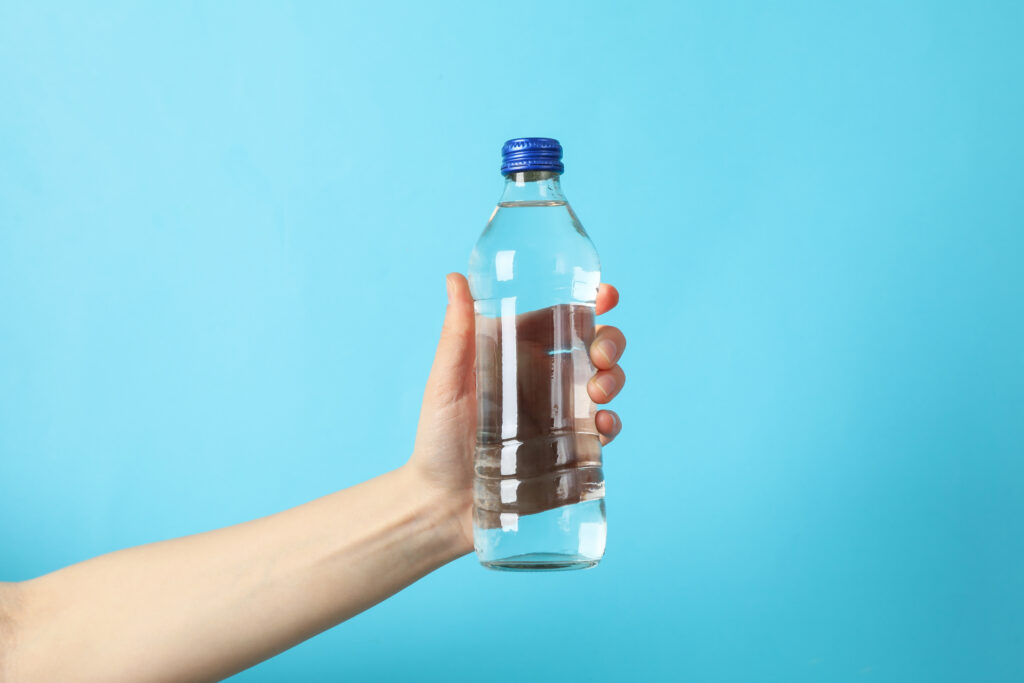
Seniors are more susceptible to dehydration, and sun exposure can exacerbate this problem. Dehydration can lead to a variety of health problems, including confusion, dizziness, and falls4.
5. Worsening of existing conditions
Seniors with existing health conditions, such as heart disease or respiratory problems, may find that their symptoms worsen in hot weather5.
6. Medications

Certain types of medications do not interact well with the sun and can lead to additional health complications. Diuretics, sedatives, and some heart and blood pressure medicines make it harder for your body to cool itself and can make being in the sun dangerous. You should talk to your doctor or pharmacist about any medications they are taking and whether they increase their sensitivity to the sun4.
Common Misconceptions about Protecting Yourself From the Sun
When it comes to sun protections, there are some common misconceptions that need to be addressed in ordered to keep yourself safe:
Myth 1. Sunscreen is only necessary on sunny days
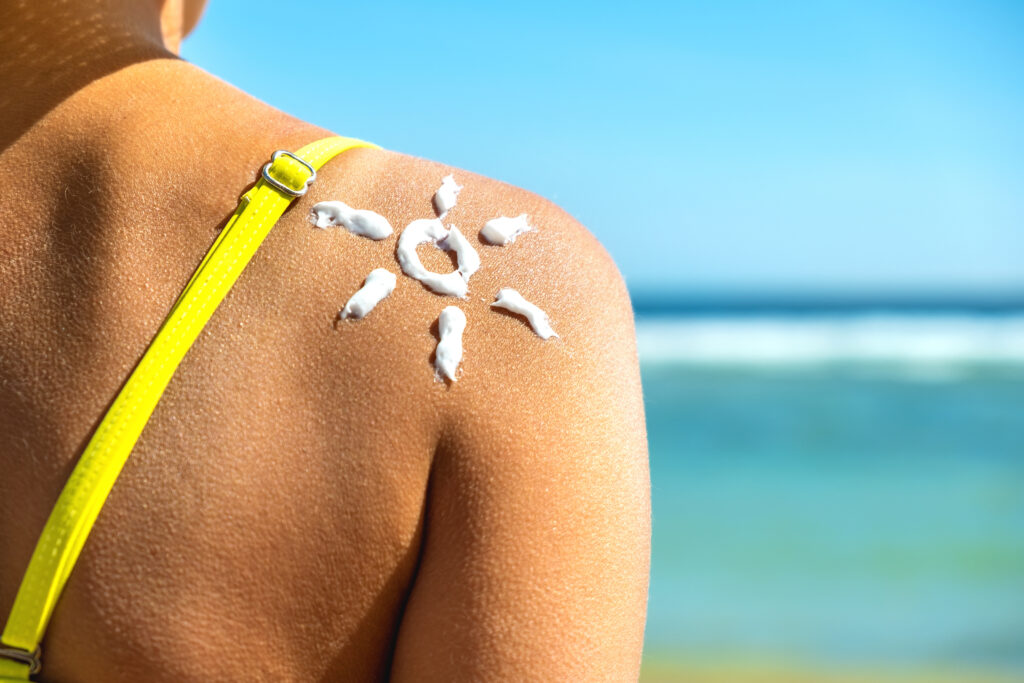
Sunscreen is necessary even on cloudy days because UV rays can penetrate clouds and cause skin damage
Myth 2. Sunscreen is only necessary at the beach or pool
Sunscreen is necessary anytime you are outside, even if you are just running errands or sitting in the shade.
Myth 3. Sunscreen is only necessary for fair-skinned people
People of all skin tones can get skin cancer, and everyone should use sunscreen to protect their skin.
Myth 4. Sunscreen is the only form of sun protection
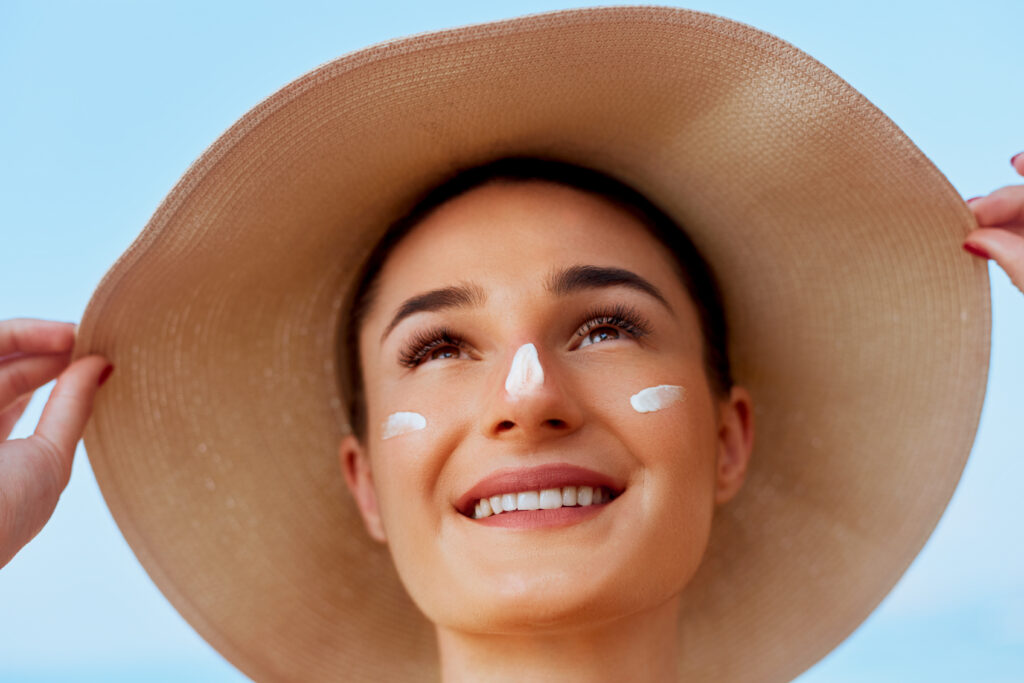
While sunscreen is an important part of sun protection, you should also wear protective clothing, such as long-sleeved shirts and wide-brimmed hats, and stay in the shade during peak sun hours.
Myth 5. Sun damage only occurs when you are younger
While sun damage can occur in childhood, it can also occur later in life, and seniors should continue to protect their skin from the sun.
Ways to Protect Yourself From the Sun
To prevent the harmful effects of the sun, you should take the following precautions:
- Use sunscreen with a sun protection factor (SPF) of at least 30. Sunscreen should be applied 20 minutes before being in the sun and then reapplied every two hours.
- Wear protective clothing, such as long-sleeved shirts and wide-brimmed hats, when outside. If you’re going to the pool or the beach, you can wear UV protective swimwear, including rash guards and swimsuits, for water sports. Look for clothing made from fabrics that disrupt UV light, such as polyester and nylon.
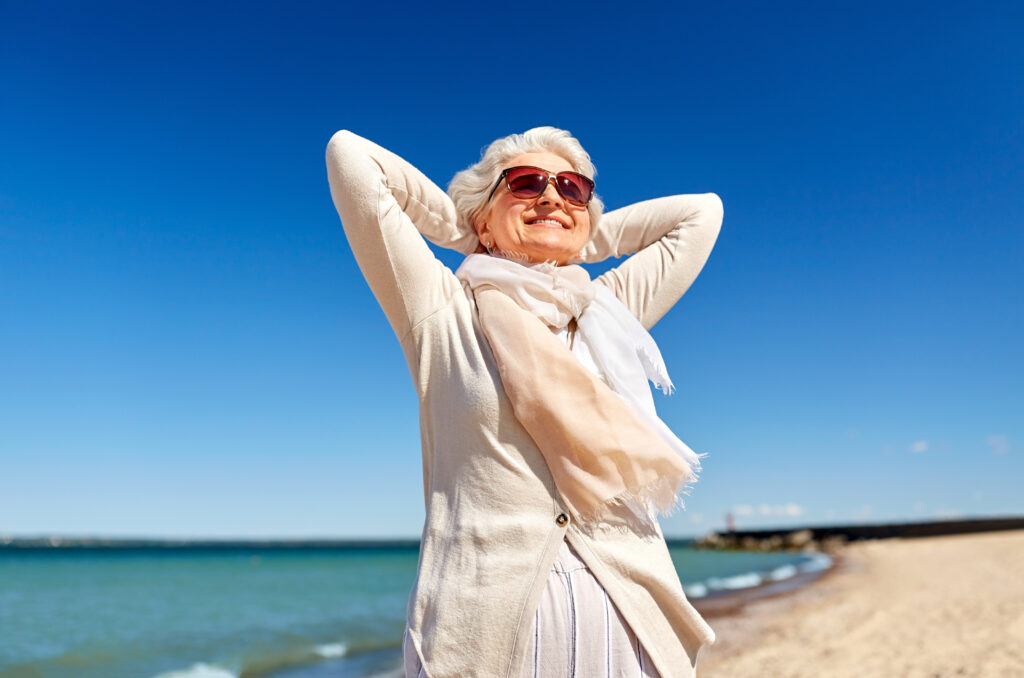
- Wear sunglasses that block 99% of ultraviolet A (UVA) and ultraviolet B (UVB) rays. Wrap-around frames and goggles offer the most protection from the sun
- Stay in the shade during peak sun hours, which are typically between 10 a.m. and 4 p.m.
- Avoid tanning beds, which can also cause skin damage
- Drink plenty of water and other fluids to stay as hydrated as possible
- Take frequent breaks in the shade or indoors to rest and cool off if you plan on being outside for extended periods of time
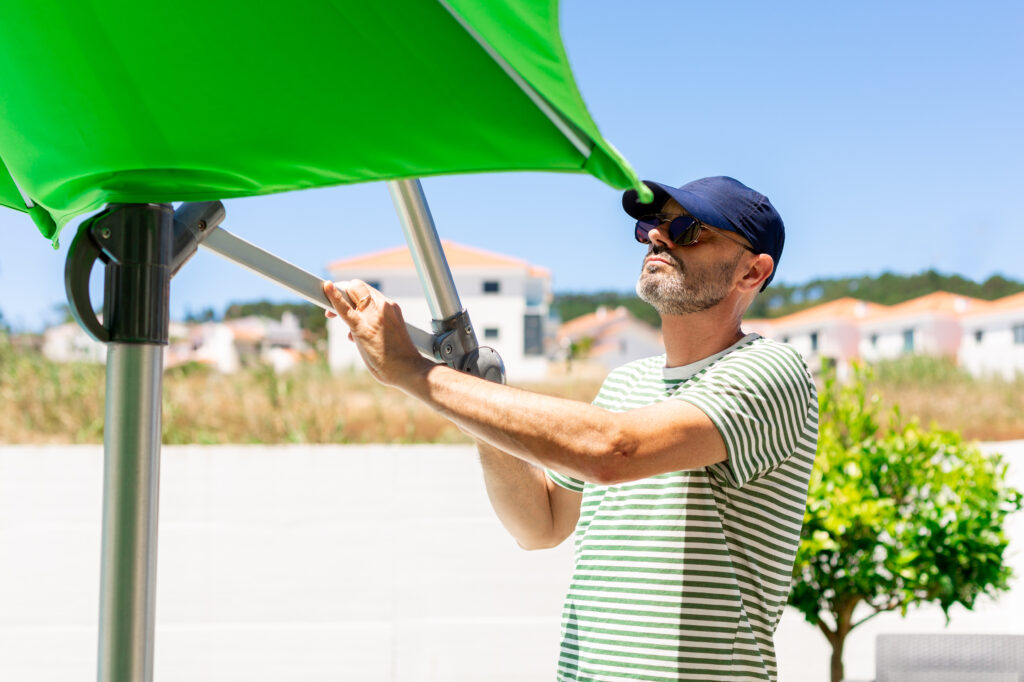
Conclusion
It is crucial to understand the potential dangers of the sun and take appropriate measures to protect our health, especially as we age. It’s important to understand the negative effects of sun exposure and widespread misconceptions in order to keep ourselves safe. By following these preventive measures, we can enjoy the outdoors while prioritizing our health and longevity.
Stay informed and receive resources and site updates by subscribing to our Newsletter!
References
- Many Older Adults Don’t Protect Their Skin from the Sun | CDC. (n.d.). Retrieved from https://www.cdc.gov/cancer/dcpc/research/articles/older-adults-protect-skin-sun.htm
- Sun Safety | Skin Cancer | CDC. (n.d.-c). Retrieved from https://www.cdc.gov/cancer/skin/basic_info/sun-safety.htm
- The Sun, UV Light and Your Eyes. (2020, June 19). Retrieved from https://www.aao.org/eye-health/tips-prevention/sun
- Hot Weather Safety for Older Adults. (National Institute on Aging – NIH). Retrieved from https://www.nia.nih.gov/health/hot-weather-safety-older-adults
- Heat-related health dangers for older adults soar during the summer. (2018, June 27). Retrieved from https://www.nih.gov/news-events/news-releases/heat-related-health-dangers-older-adults-soar-during-summer

